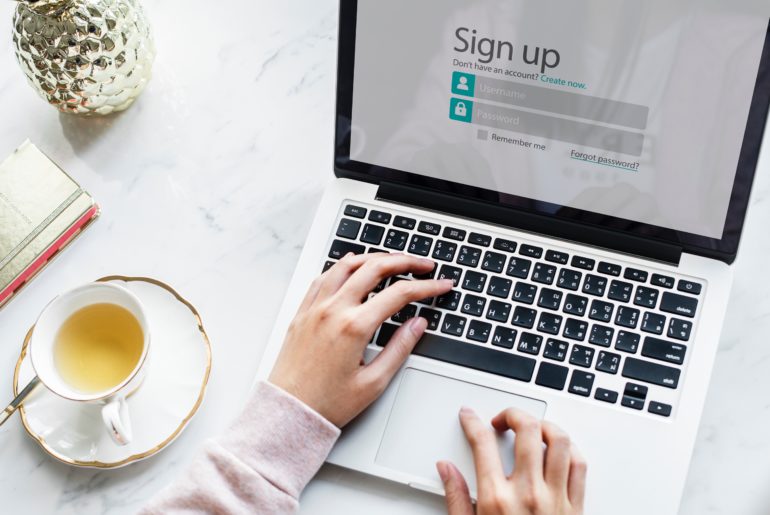Sure, some security secrets take a while to master – but there are so many easy ways to beef up your personal security that don’t take a lot of time, resources, or technical know-how. Here are just a few:
2. Keep your software up to date.
Yes, updating software can be a pain – and leave you twiddling your thumbs for half an hour while you wait for it to finish installing. But these updates often offer crucial security patches that act as repairs for any potential vulnerabilities, and prevent hackers from taking advantage of said holes. As hackers become more sophisticated, and find unique ways of accessing people’s personal information, it’s important to ensure that every piece of software on your computer or phone, from the operating system to Microsoft Word, is fully up to date.
2. Keep your software up to date.
Sure, we’ve all developed a method for creating super secure passwords: for example, taking your pet’s name, changing a few letters to numbers, and adding a few miscellaneous symbols into the mix. But these passwords are less secure than we think – especially if they’re being reused over and over again. A password manager not only allows you to keep track of which password is being used for which account, it also generates secure passwords for you to use when creating accounts.
3. Watch what you share on social media.
One could argue that the whole point of being active on social media is to update others about what’s happening in your life. However, if you’re too forthcoming, you could end up giving hackers or phishers the information they need to craft a convincing con. Most of us probably pride ourselves on our ability to sniff out suspicious emails and offers that sound too good to be true, but if said emails contain personal details that only a (Facebook) friend would know, our defenses are immediately lowered, and it makes it that much easier to fall into a trap. To yourself from falling victim to such a scheme, be aware of what you share on social media, and how it could potentially be used against you.
4. Be careful when shopping online – and beware of deals that are too good to be true.
Nowadays, we don’t think twice about purchasing things online. Not only that, we’re also willing to buy products from brands we’ve never heard of before, all because of a few good photographs on Instagram. When inputting your credit card information before completing a purchase, make sure that you see either a locked padlock or a key symbol in your browser, as that indicates that all the information you enter is encrypted and secure. If you’re still wary, you can always use third-party payment services like PayPal to complete the transaction.
These four tips are important to remember, but it’s even more important to practice common sense. If your gut is telling you that something doesn’t feel right, listen to it! It’s always better to be safe than sorry.










